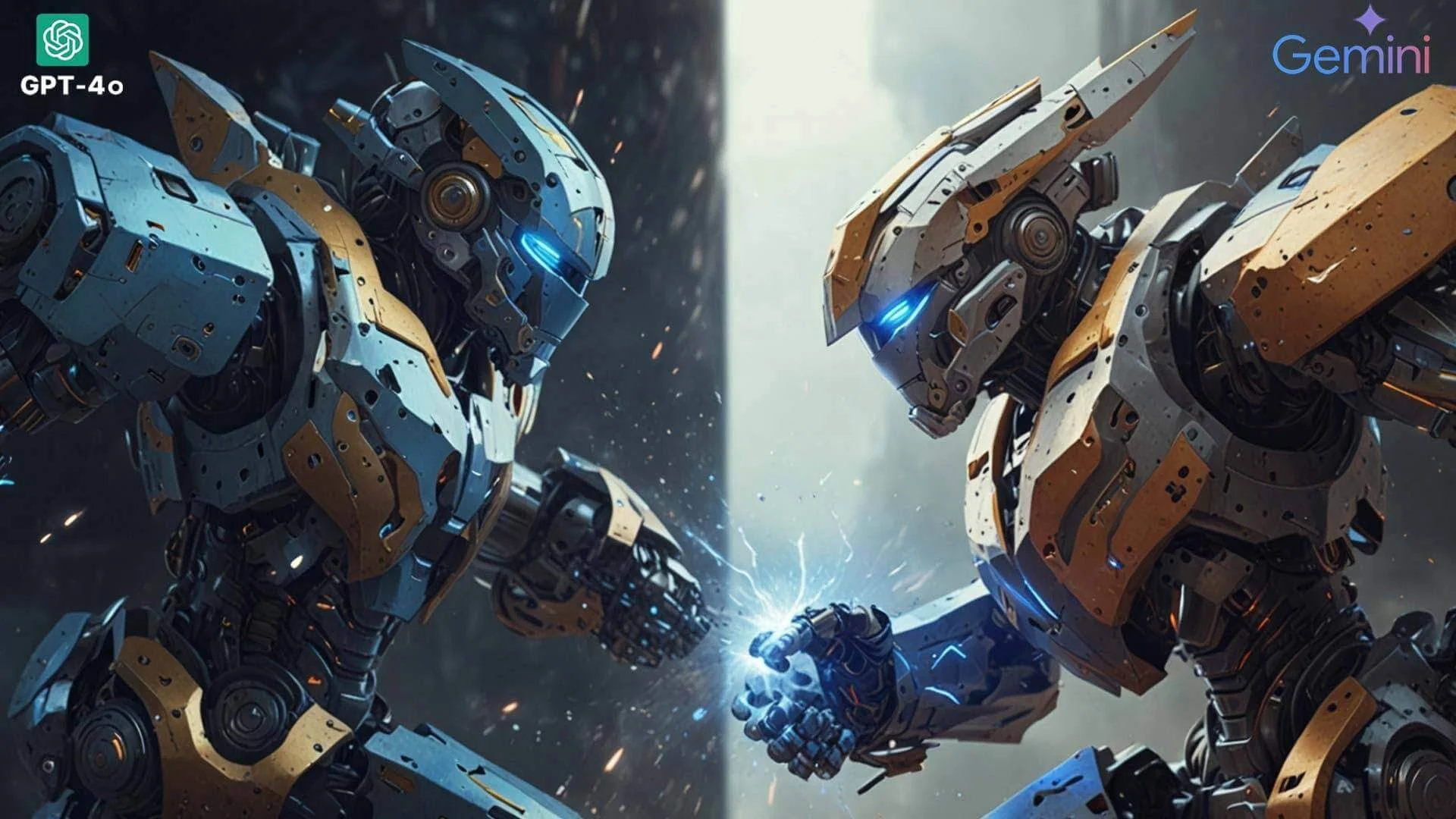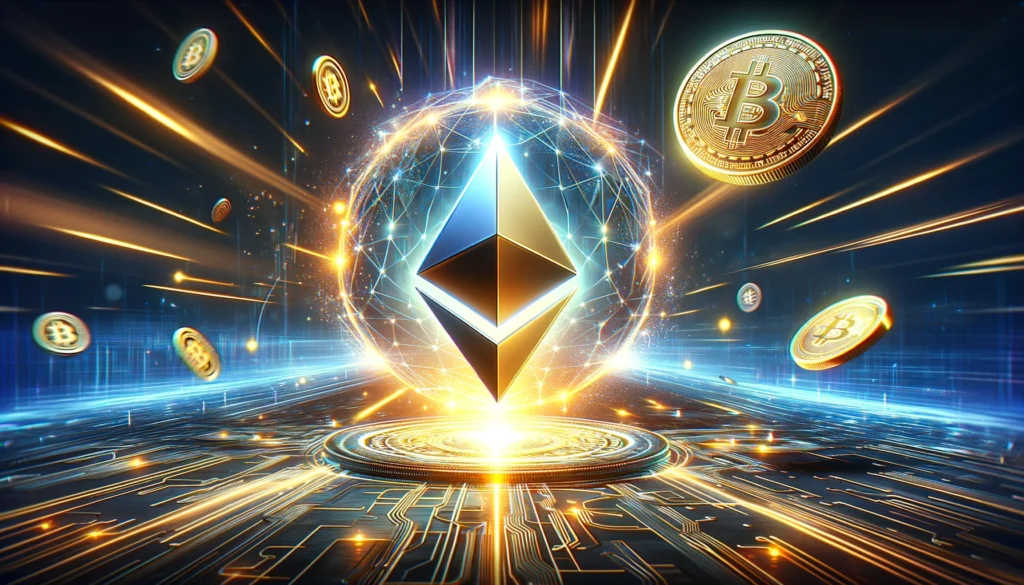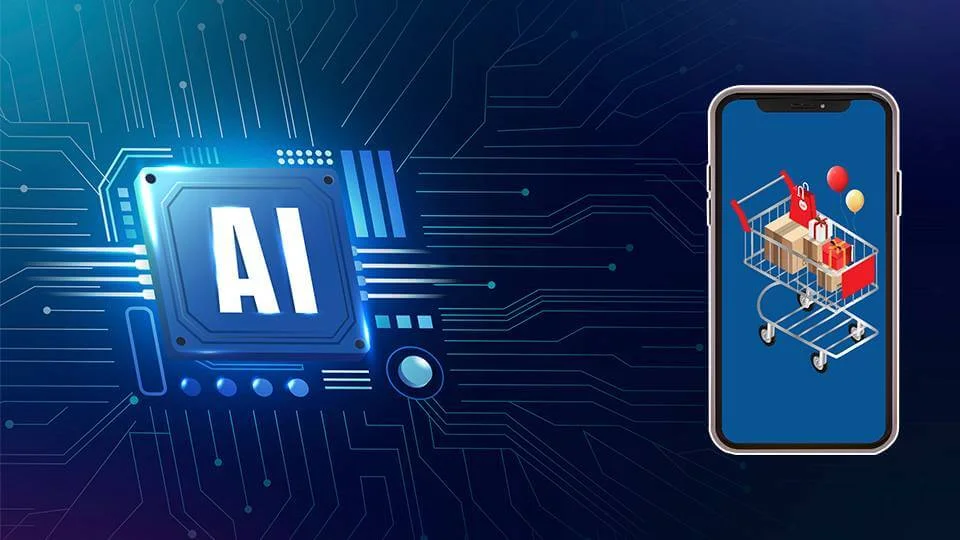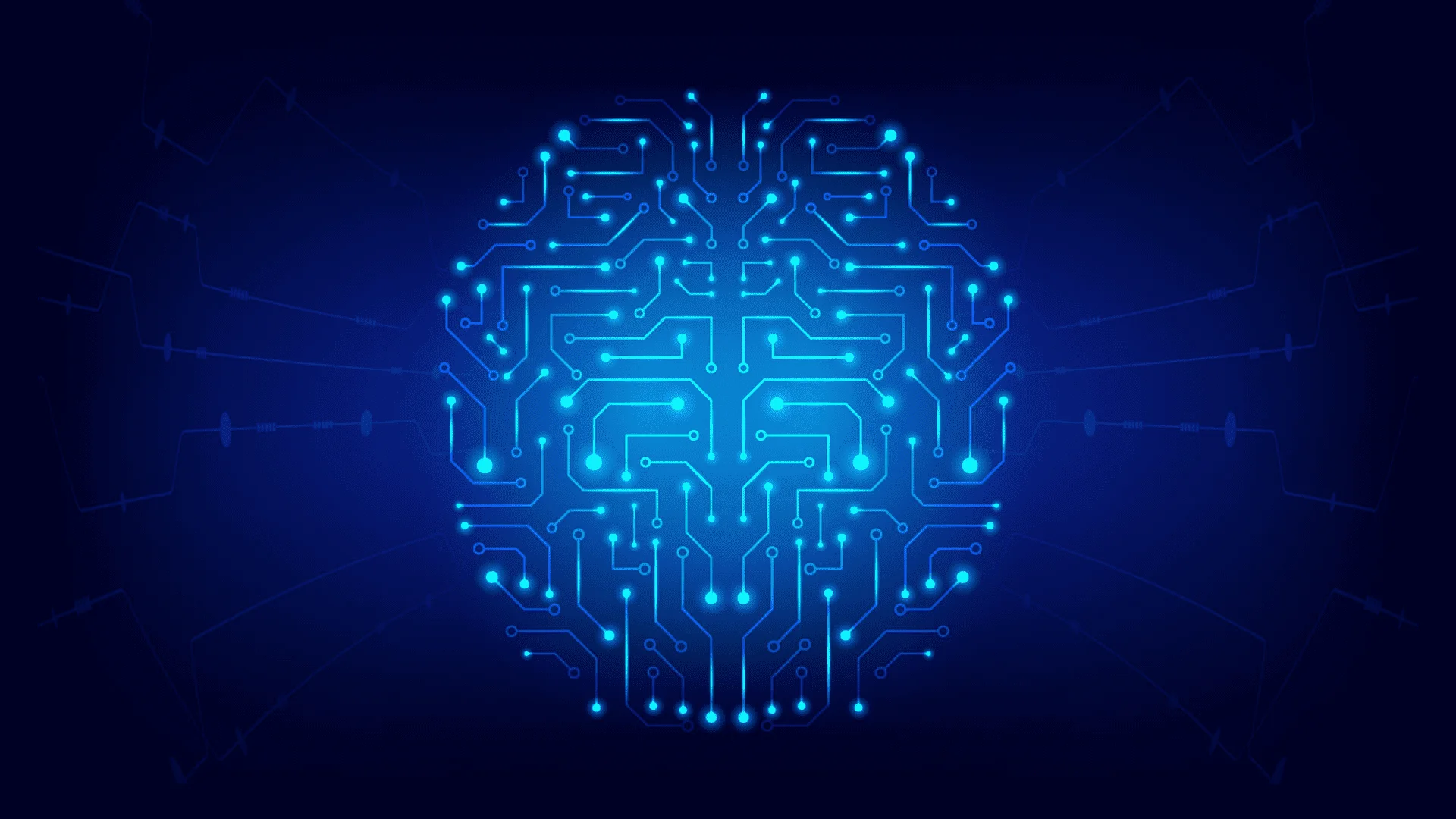Two super-smart AI programs are battling it out to be the best! One, called GPT-4o, and Google’s Gemini. These cutting-edge technologies represent the cutting edge of artificial intelligence development, showcasing remarkable breakthroughs in language comprehension and multimodal communication integration. All eyes are on the fight between GPT-4o vs Gemini as businesses around the world get ready to advance their AI endeavors. One excels at formulating original questions, while the other places more emphasis on reasoning and problem-solving. The competition between these powerful AI systems could lead to ground-breaking developments in the field of technology in the future.
Overview of AI Titans
The match between GPT-4o and Gemini in the arena of artificial intelligence necessitates a deeper investigation of their complex functionalities. The OpenAI-developed GPT-4o marks a significant advancement in language processing technology. In the meantime, Google’s groundbreaking invention, Gemini, breaks new AI records by utilizing unparalleled multi-modal capabilities.
GPT-4o Described
Improvements and Predecessors
- GPT-4o offers faster and more powerful performance than its previous iterations, marking a significant advancement. Moreover, its GPT-4o availability on OpenAI grants everyone access to cutting-edge AI technology, facilitating its widespread adoption and use.
- Its ability to process complex data is far more sophisticated than that of earlier models, which is a notable advancement.
Availability and Applications
- GPT-4o is now available on OpenAI, granting everyone access to cutting-edge AI technology.
- Among its many uses, GPT-4o’s adaptability in a variety of domains helps research projects and revolutionizes customer service.
Gemini Revealed
Multi-modal functions
- “Gemini is believed to become the strongest AI ever made, with really smart skills to understand lots of different things at once.”
- Gemini is very good at easily understanding both spoken words and visual cues.
- It stands out among artificial intelligences due to its aptitude for creative writing and logical reasoning.
Google's strategic placement
What made GPT-4o secure the top position?
Prior to Google revealing its innovative Gemini advancements, we couldn’t help but notice the amazing ChatGPT update for GPT-4o. OpenAI has made tremendous progress, reaching the goal that Google set for itself in December with its first Gemini demos.These AI models are pushing the boundaries of AI technologies.
GPT-4o gives ChatGPT perception and communication capabilities, which completely change the way users engage with it. These developments have the potential to completely alter how people view and interact with contemporary technology.
GPT-4o from OpenAI handles voice conversations with a human-like touch. You are free to jump in at any point throughout the debate, which enables you to make flexible adjustments without breaking the flow of the conversation. Furthermore, GPT-4o combines movies and photos with ease, giving prompt answers to questions on visual content.
The faster response time of GPT-4o to cues than GPT-4 is another important factor. It’s not just dependent on vocal commands; in fact, text prompts usually result in faster operations. Furthermore, in comparison to earlier ChatGPT iterations, this most recent model is anticipated to provide improved reasoning skills.
Currently, ChatGPT customers with subscriptions to the Free and Plus levels can use GPT-4o; the Plus tier offers larger message allotments. In addition to being available on mobile devices, the update will soon be available as a desktop program for Mac users.
ChatGPT saw a major privacy boost in the days preceding the Monday event. Now, users may keep their chat history intact and protect their data from being used to train the AI. This is a noteworthy finding, particularly in light of the possible effects of the GPT-4o upgrade.
What made Gemini secure the top position?
Although we respect each user’s unique preferences, it’s clear that Google made a significant impact on the AI environment during this year’s I/O conference. We think that I/O 2024 will be a major turning point for Google, much greater than the accomplishments of last year’s event, which focused on AI advances. The depth and breadth of Gemini’s improvements that were on display at this year’s event demonstrate Google’s dedication to developing AI technology.
Google’s top model, the Gemini 1.5 Pro, can process up to one million token prompts. Soon, that cap will double to two million. Users who pay for Gemini’s Advanced Edition can already access it. The anticipation surrounding Gemini’s availability highlights its significance in AI technologies.
Additionally, Google played a pre-recorded Project Astra demo. Similar to GPT-4o, this multimodal AI agent can converse with you while using a phone’s camera to “look” around. The AI responded to questions swiftly, and the conversation appeared to flow easily. Once more, though, this was not a live demo, so we are unsure of Astra’s performance in actual scenarios.
Project Astra is unique in that it can recall previous conversations. In contrast to existing AI assistants that depend on pre-programmed responses, Astra is able to comprehend the context of a conversation by using episodic memory. Consider asking Astra about your glasses; based on a past exchange, she might be able to tell you where you left them. This is a significant advancement.
Project Astra is still being developed, though. Google admits that the demo wasn’t a live interaction and that it’s not yet suitable for general usage. Before it reaches customers, technical issues and privacy concerns related to data must be resolved. Despite this, Project Astra represents a noteworthy advancement in AI assistant technology and shows the possibility for these tools to develop into real-life companions with comprehension and remembering.
Which AI will we end up using the most?
For the foreseeable future, ChatGPT will remain our primary genAI product, and GPT-4o will serve as our prompt source. We’ll utilize its speech, image, and video capabilities more often and apply them to everyday scenarios.
At the same time, we’ll probably integrate Gemini AI with particular Google apps. Additionally, we might play around with Gemini using Google Search and investigate its features on mobile devices, especially when new features become available. We are also keeping a watch on Project Astra.
It’s clear once more that people won’t likely be forced to stick with a single generative AI solution.
Promising experiences are provided by Google Gemini and ChatGPT, featuring GPT-4o. While some are currently available, others will soon be accessible. In order to fix any inadequacies, it is likely that OpenAI and Google will try to mimic each other’s AI programs in the upcoming months and years. You shouldn’t worry about being restricted to a single platform, either, as many consumers use both desktop and mobile operating systems. AI models will be available on multiple platforms, giving consumers the flexibility to choose alternative solutions to meet diverse needs.




